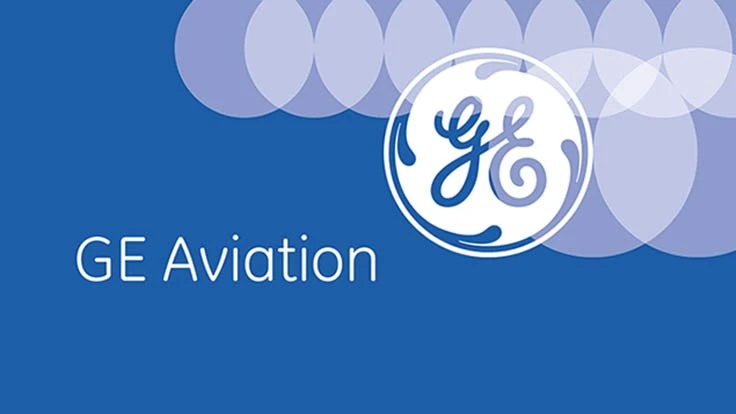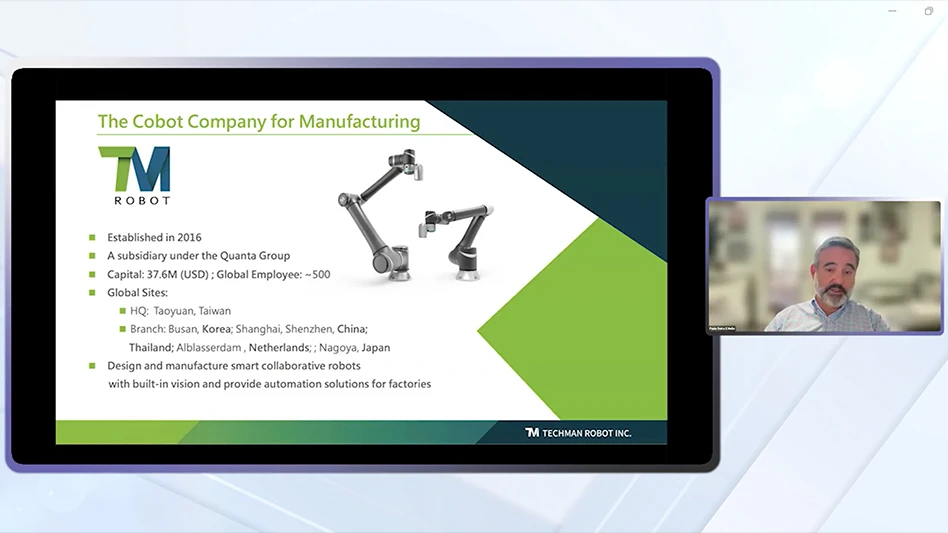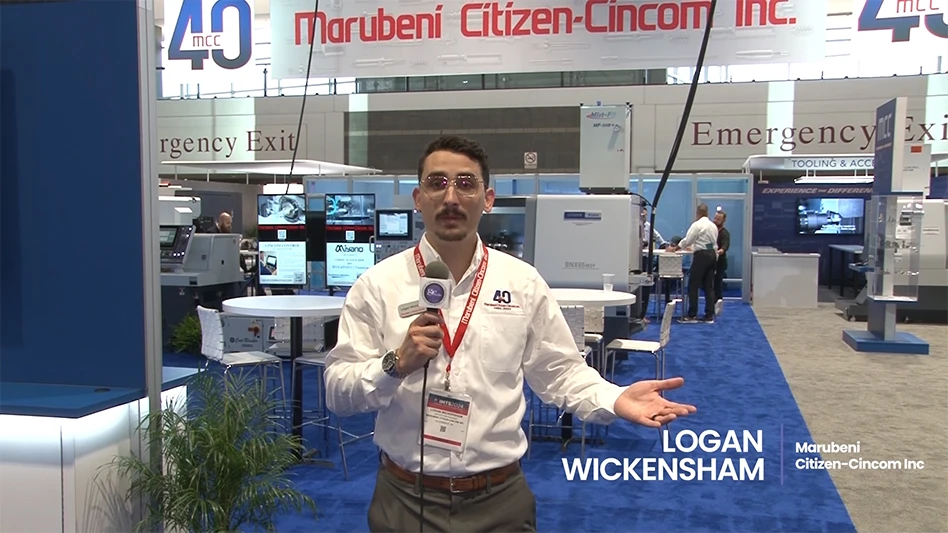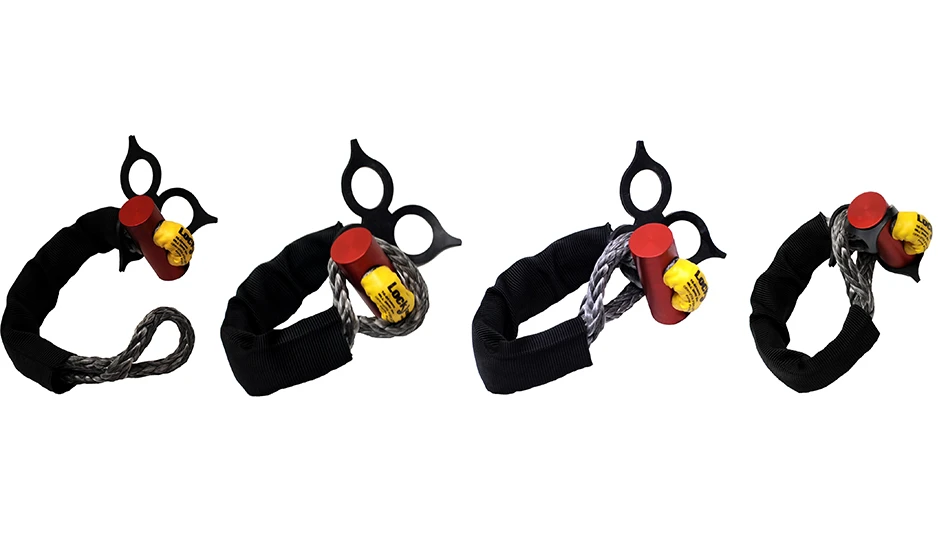
Huntsville, Alabama – In a ceremony with Alabama public officials, GE Aviation broke ground on two adjacent factories to mass-produce silicon carbide (SiC) materials usedto manufacture ceramic matrix composite components (CMCs) for jet engines and land-based gas turbines for electric power.
GE Aviation is investing more than $200 million to construct two factories on 100 acres in Huntsville. When the factories are fully operational later this decade, they are expected to employ up to 300 people. The plants are expected to be completed by the first half of 2018. Production begins in 2018. GE expects to begin hiring the hourly workforce later this year.
"GE Aviation is creating a fully integrated supply chain for producing CMC components in large volume, which is unique to the United States," said Sanjay Correa, vice president who leads the industrialization of advanced technologies at GE Aviation. "The new factories in Alabama are vital to this strategy. We are deeply gratified by the tremendous local, state, and national support for this effort."
While meeting critical U.S. needs for CMC materials for commercial and government-funded programs, the new plants will support GE and its international partners in selling and supporting jet engines and gas turbines worldwide.
One plant of the Huntsville plants will produce silicon carbide (SiC) ceramic fiber, the first such operation in the United States. Today, the only large-scale SiC ceramic fiber factory in the world is operated by NGS Advanced Fibers in Japan, which is a joint company of Nippon Carbon, GE, and Safran of France.
The second factory will use this SiC ceramic fiber to produce the unidirectional CMC tape necessary to fabricate CMC components.
The use of lightweight, heat-resistant CMCs in the hot section of GE jet engines is a breakthrough for the jet propulsion industry. CMCs comprise SiC ceramic fibers in a SiC matrix, enhanced by proprietary coatings.
With one-third the density of metal alloys, these ultra-lightweight CMCs reduce the overall engine weight. Further, their high-temperature properties greatly enhance engine performance, durability, and fuel economy. CMCs are more heat resistant than metal alloys, hence requiring less cooling air in the engine's hot section. By using this air instead in the engine flow path, an engine runs more efficiently.
Supported by $21.9 million from the U.S. Air Force Research Lab Title III Office, the ceramic fiber plant will increase U.S. capability to produce SiC ceramic fiber capable of withstanding temperatures of 2400°F.
The adjacent plant, financed solely by GE, will apply proprietary coatings to the ceramic fiber and form them into a matrix to produce CMC tape to be used at GE Aviation’s new CMC manufacturing site in Asheville, North Carolina, which opened in 2014. The Asheville facility fabricates CMC shrouds for the LEAP engine's high-pressure turbine section.
Since 2013, GE Aviation has also invested more than $100 million in Alabama, near the Auburn University campus, where the company is engaged in jet engine component manufacturing (super-alloy machined parts) and a high-volume additive manufacturing center to produce the interiors of fuel nozzles for the LEAP engine.
Source: GE Aviation
Latest from Aerospace Manufacturing and Design
- Optimize your manufacturing applications with the right metrology tools
- Navigating today’s supply chain
- Piper Aircraft Inc. achieves AS9100 Certification
- Kyocera SGS' KGZ precision cut-off solutions
- Bridging the Skills Gap: A Solution for Today’s Labor Shortage
- Molex to acquire AirBorn
- Nano Dimension's Exa 250vx digital light processing (DLP) 3D printer
- IMTS 2024 Booth Tour: Fagor Automation Corp.





